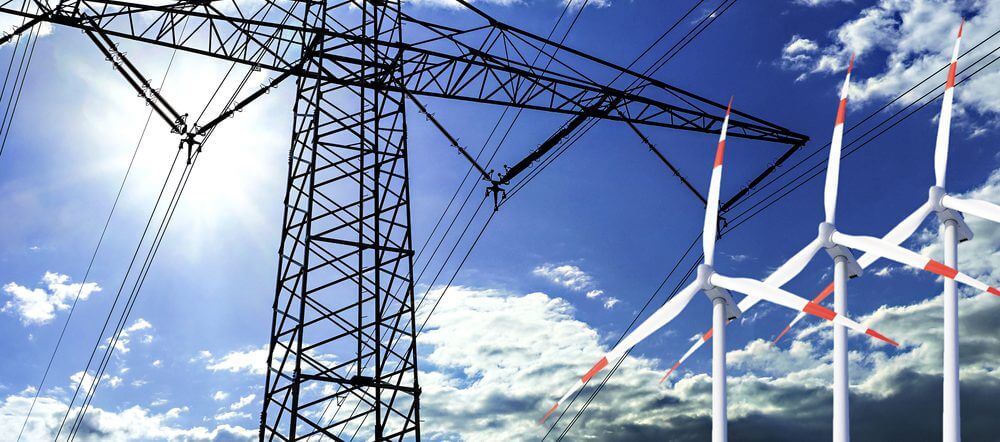Pakistan has reduced its outstanding payments for Chinese energy projects to $1.4 billion (approximately Rs391 billion) after agreeing to fully settle new invoices. This move may require additional budget allocations or could lead to delays in payments to other energy facilities.
As of the end of the first quarter of the current fiscal year, arrears for China-Pakistan Economic Corridor (CPEC) power projects have slightly decreased by Rs10 billion (2.5%) from the previous fiscal year’s end. Previously, these liabilities peaked at $1.8 billion due to payment delays.
The non-payment of energy costs and returns on equity remains a major concern for Beijing, especially in light of security issues affecting Chinese nationals.
During the recent Joint Cooperation Committee (JCC) meeting, Pakistan committed to achieving 100% tariff settlement for invoices related to commercial operation date (COD) projects since FY2024.
Currently, Pakistan is settling around 88% of invoices from 17 power plants with a total generation capacity of 8,020 megawatts. Raising this to 100% will require substantial resources that are not currently budgeted.
Instead of creating a revolving fund to manage circular debt for Chinese plants, Pakistan has established a revolving account with annual allocations of Rs48 billion.
Chinese investors have faced challenges in receiving dividends from their $16.3 billion investments. While the central bank claims all outstanding dividend payments were settled by the end of June 2024, Chinese companies assert they have yet to receive these funds.
There are 14 operational power projects under CPEC, with a combined capacity of 8,020 MW and an investment of approximately $16.3 billion. An 870 MW hydroelectric project worth about $1.7 billion is under construction and expected to begin operations next month, while three additional plants totaling 2,100 MW and $4.2 billion in investment have yet to secure financial closure.
Pakistan has sought Chinese loans for these three plants, but China is hesitant to provide funding until existing delayed payment issues are resolved. Progress on key projects like the Azad Pattan and Kohala hydropower projects has been significantly delayed.
Outstanding dues to Chinese power plants remain substantial, including Rs80.2 billion to the Sahiwal coal-fired power plant and Rs66.3 billion to the Hub power project.
Islamabad is also pursuing energy debt restructuring with Beijing, but China has declined to sign any memorandum of understanding during the recent visit of the Chinese prime minister. Additionally, Chinese companies have resisted reducing profit margins or renegotiating the 2015 power purchase agreements.
Receivables from other projects are also notable, with significant amounts owed to Engro PowerGen, the Matiari-Lahore Transmission Line, and the Karot power project. Overall, the situation underscores the complexities of Pakistan’s energy financing landscape.










